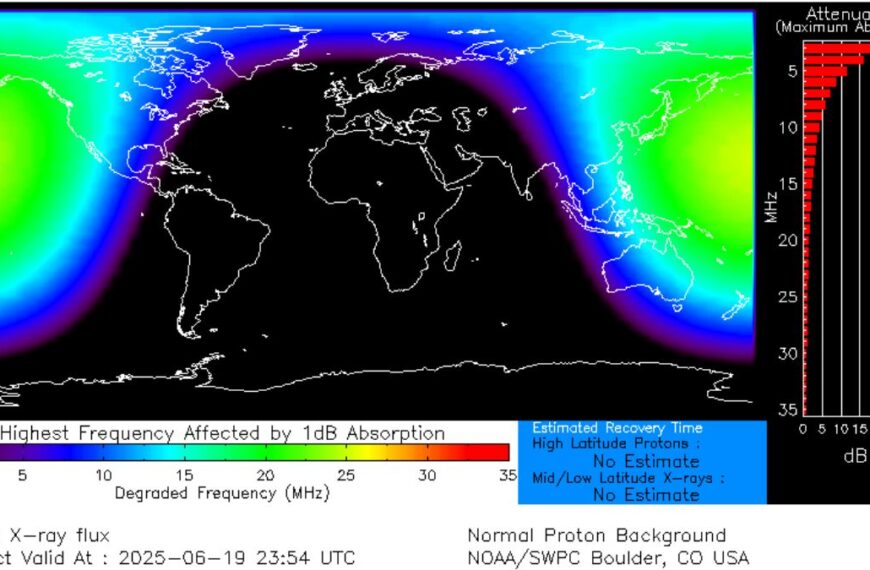On Saturday, U.S. President Donald Trump confirmed that American forces carried out coordinated airstrikes on three nuclear sites in Iran—Fordow, Natanz, and Esfahan—in an effort to dismantle Tehran’s nuclear capabilities. “All planes are now outside of Iran’s space. A full payload of bombs was dropped on the primary site, Fordow. All planes are safely on their way home,” Trump said in a social media post.
Impact on markets
The escalation is expected to weigh heavily on risk sentiment globally. According to Kranthi Bathini, Director of Equity Strategy at WealthMills Securities, “Markets have gradually become accustomed to geopolitical tensions. That’s why, despite rising conflict, Indian markets ended the week on a positive note. However, investors are likely to remain cautious and range-bound near the 25,000 level on Nifty until there’s more clarity on Iran’s response.”
Bathini added that Middle East developments and crude oil dynamics will be key drivers in the coming days. “Any sharp spike in oil prices could negatively impact Indian equities in the short to medium term.”
Oil impact
Crude oil prices have already been on the rise amid tensions in West Asia. Brent crude has surged over 15% to $77 per barrel, while WTI crude has jumped 17% to $74.9 in the past eight trading sessions. The latest U.S. strikes could add fuel to the rally, particularly if Iran retaliates or moves to block the Strait of Hormuz—a vital choke point through which nearly 20% of global oil flows.
A surge in oil prices may not only raise inflationary pressures but also reduce the likelihood of near-term rate cuts, which could further dampen market sentiment.
Dollar & safe-haven assets
While the dollar has weakened this year amid fears of declining U.S. exceptionalism, analysts suggest that direct American involvement in the Iran-Israel conflict could temporarily boost the greenback due to a flight to safety. However, if the conflict widens, the dollar’s direction will depend on the broader risk sentiment and U.S. economic data.
FIIs may turn cautious
Foreign institutional investors (FIIs), who were net buyers in May with Rs 19,860 crore inflows, have turned cautious in June. As of June 20, they have sold shares worth Rs 4,192 crore, according to NSDL data.
Dr. VK Vijayakumar, Chief Investment Strategist at Geojit Financial Services, said, “FPI flows are likely to remain volatile and sensitive to geopolitical risks, especially with the West Asia war escalating.”
A strong dollar and movement in U.S. bond yields could also impact FII sentiment in the near term.
Technical View
“25k is indeed a daunting challenge. Previous attempts to clear the same had proved to be short-lived as there was hardly any follow through momentum, thus leading to a sharp withdrawal. Hence the re approach of the 25k mount is accompanied by concerns of sustainability. Being at the upper Bollinger band as well, it would require further momentum to continue the uptrend. ADX at 13.2 does not indicate strong momentum either. Nevertheless, upswing attempts may be seen initially, but may not clear the 25200-460 band. Alternatively, inability to float above 25045 could see dips, but will wait for 24865 to switch sides,” said Anand James of Geojit.
Also Read: $2.4 trillion worth of gold! India’s household hoard is 6x Pakistan’s economy
(Disclaimer: Recommendations, suggestions, views, and opinions given by the experts are their own. These do not represent the views of Economic Times)



















